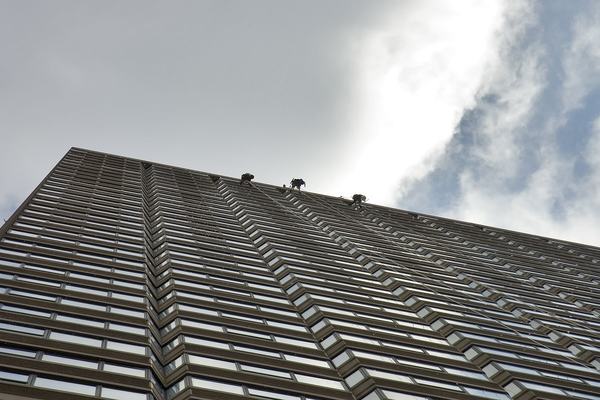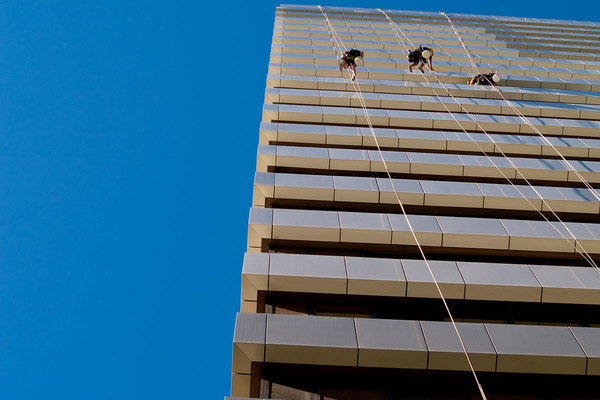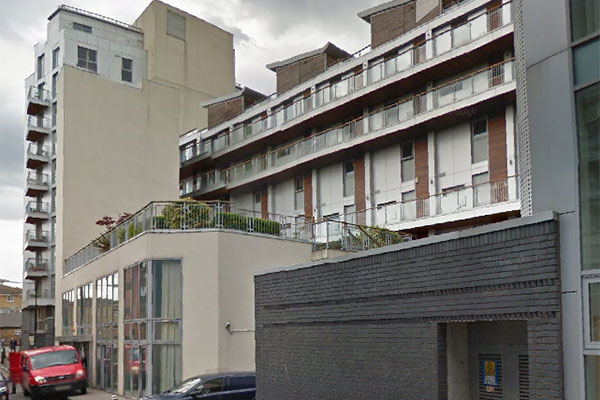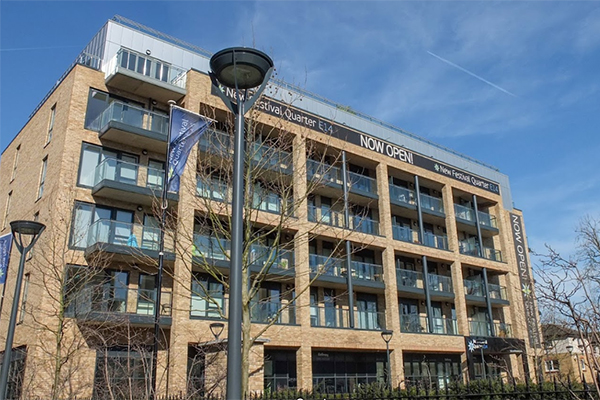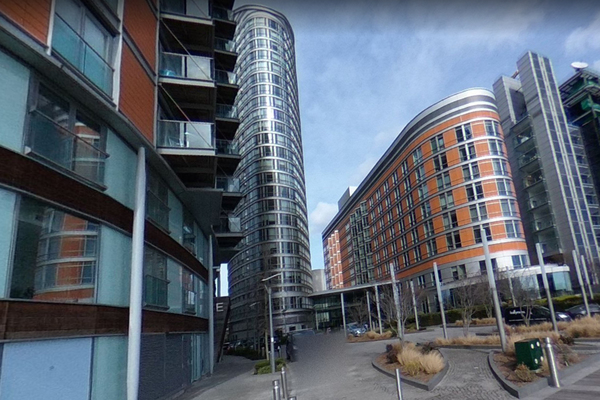Bellway sets aside £6m cladding provision
Housebuilder Bellway has put aside almost £6m to cover the cost of replacing cladding from its homes.
The figures, which were revealed in Bellway’s annual results, showed that the housebuilder had set aside £5.9m to cover any remedial work needed as "government guidance" on cladding and fire safety evolves.
A note in the section titled "building new homes safely" Bellway noted that a small number of its developments had Aluminium Composite Materials (ACM) in their cladding.
In a astatement Bellway’s chief executive Jason Honeyman said: "Whilst we received Building Regulations approval for their use at the time, as a responsible developer, we are fully engaged with the government and our partners to develop solutions that protect our customers and future occupiers.
"Accordingly, the group has set aside a provision, net of recoveries, of £5.9 million to deal with any likely remedial costs that may be borne by Bellway. We have also strengthened our processes and training relating to fire safety issues and will continue to develop these in the year ahead as government guidance no doubt evolves."
The inclusion of a specfic cladding provision in Bellway’s results comes as a number of private developers face pressure to cover the costs of replacement cladding for their own developments.
It was revealed earlier this month that residents in one apartment block in east London could face a bill of more than £2m after the freehold owner, a subsidiary of developer Ballymore, refused to cover the costs of removal. The owners of 1,259 homes at New Providence Wharf, which consists of five apartment blocks, were informed that "it was the freeholders intention" to charge its leaseholder’s for the works.
Other developers including Legal and General and Taylor Wimpey have committed to funding replacement ACM cladding.
Revenues for Bellway rose by 15.6% to £29.bn in the year to 31 July, with gross profit up 13.9% to £753.4m, profit before tax also rose by 14.3% to £641.1m. Return on capital employed (RoCE) stood at 27.2%.
